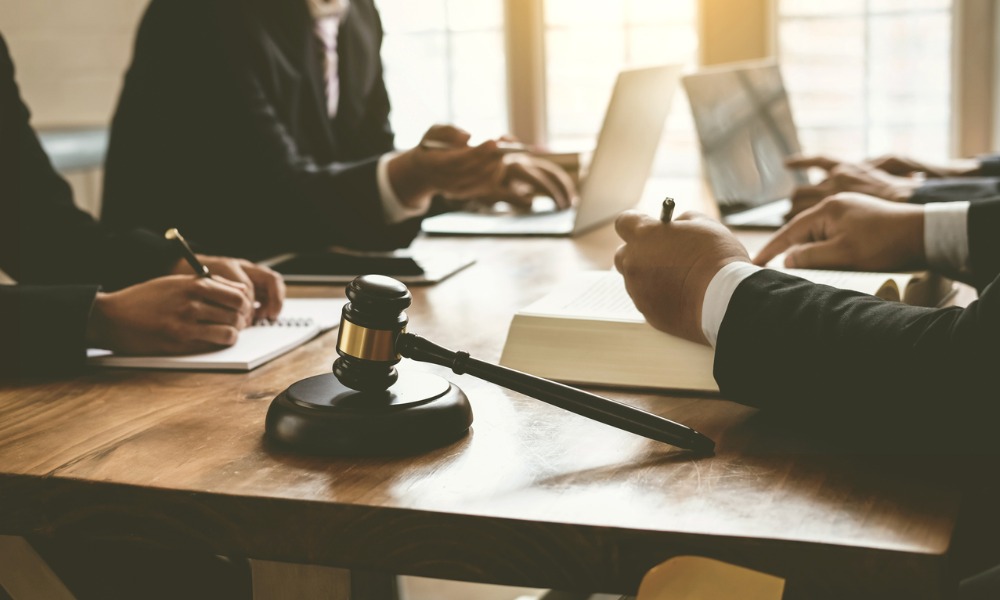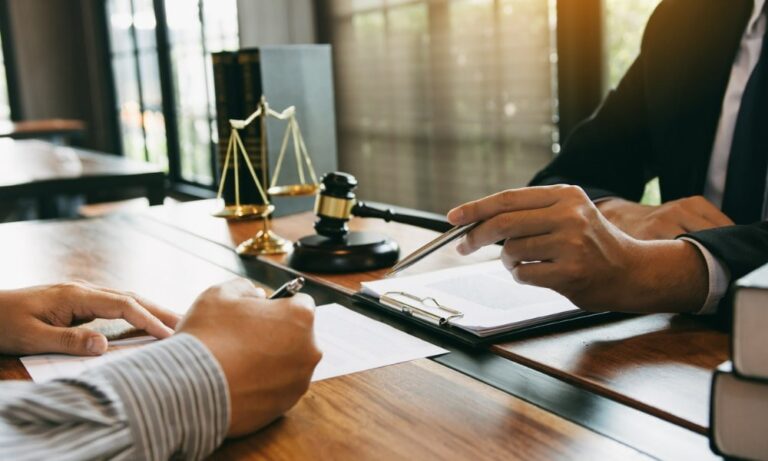
The aftermath of a storm in Louisiana—whether a major hurricane, a severe flood, or a damaging tornado—leaves property owners overwhelmed and in need of immediate financial relief. Relying solely on the insurance company to provide a fair and timely payout is often a mistake. This is why you need a Louisiana Property Damage Attorney after a storm: to protect your rights, maximize your recovery, and fight back against unfair tactics.
Here are the critical reasons why legal representation is essential for storm victims in Louisiana:
1. Navigating the “Wind vs. Water” Legal Minefield
In Louisiana, the most frequent reason for underpaid or denied hurricane claims is the dispute between covered wind damage (typically by homeowners/business policies) and excluded flood damage (typically by separate NFIP policies).
- The Insurer’s Tactic: Insurance adjusters often try to attribute a structural failure (like a roof collapse) to rising water (flood) rather than high winds, which limits or eliminates their liability.
- The Attorney’s Strategy: A skilled Louisiana property damage attorney immediately deploys independent experts (engineers and forensic meteorologists). They gather evidence to definitively prove that wind damage created the opening in the structure, making the resulting water damage a covered peril. This distinction is often the difference between a denied claim and a six-figure payout.
2. Challenging Lowball Offers and Inadequate Estimates
Insurance companies, as businesses, are motivated to minimize their claim costs. After a major storm, they use standardized software that often fails to account for the true cost of rebuilding.
- The Insurer’s Tactic: They offer an initial settlement based on an estimate that omits necessary repairs (like full roof replacement vs. partial patch) or uses outdated, pre-storm labor and material costs.
- The Attorney’s Strategy: Your attorney ensures your claim is based on a professional Replacement Cost Value (RCV) estimate prepared by licensed, independent contractors and public adjusters. They demand that the insurer include all necessary costs, including general contractor overhead and profit, which is often excluded from initial lowball offers.
3. Fighting Back Against Bad Faith Delays and Denials
Louisiana law provides some of the strongest protections in the nation against insurers who act dishonestly or unreasonably. An attorney knows how to use these “bad faith” laws to your advantage.
- Common Bad Faith Acts: These include unreasonably delaying an investigation, failing to provide a written explanation for a denial, or delaying payment beyond the strict deadlines set in Louisiana Revised Statutes $\S 22:1892$ and $\S 22:1973$.
- The Attorney’s Leverage: When an insurer’s failure to pay is proven to be “arbitrary, capricious, or without probable cause,” your attorney can pursue statutory penalties of up to 50% of the amount owed on the claim, plus attorney’s fees. This threat of penalty is often the most effective tool to force a quick, fair settlement.
4. Overcoming Technical Denials
Storm victims are often denied coverage based on technicalities that an attorney can easily rebut.
| Insurer Reason for Denial | Attorney’s Counterargument |
| Pre-Existing Damage/Wear & Tear | Provides maintenance records or pre-storm photos and uses expert reports to prove the storm, not neglect, was the proximate cause of the current damage. |
| Insufficient Documentation | Meticulously prepares a comprehensive “Satisfactory Proof of Loss,” including all receipts for temporary repairs and a detailed inventory of contents. |
| Late Filing | Argues that delays were unavoidable due to mass evacuation orders, loss of access, or communication outages after the disaster. |
In the stressful wake of a storm, your focus should be on your family and your recovery, not on battling a billion-dollar insurance company. Hiring a Louisiana Property Damage Attorney ensures that a dedicated expert is managing your claim, fighting for maximum compensation, and holding the insurer accountable to the law.





